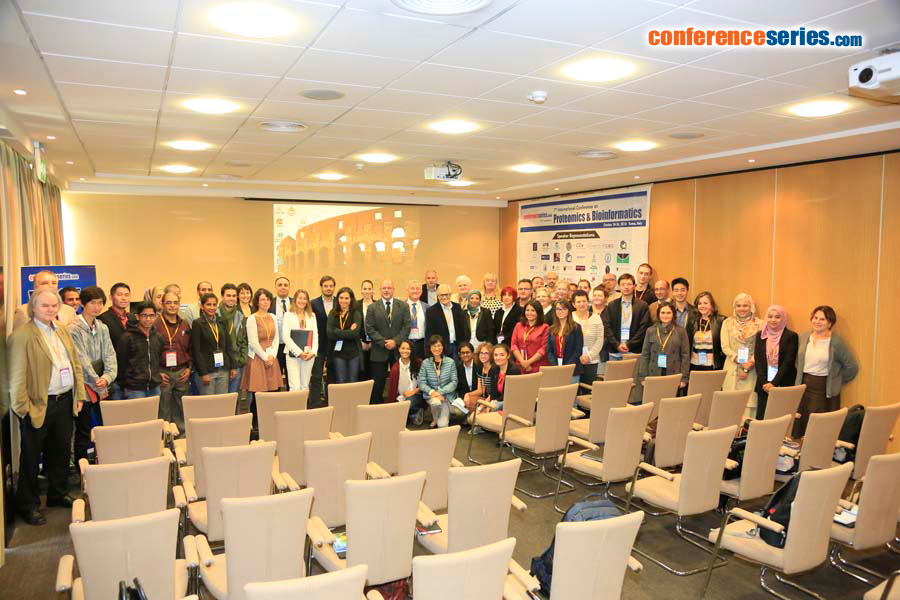
Patrick Kück
The Natural History Museum London, UK
Title: PhyQuart-A new algorithm to avoid systematic bias & phylogenetic incongruence: Are directed quartets the key for more reliable supertrees?
Biography
Biography: Patrick Kück
Abstract
Recent phylogenetic studies of old taxonomic relationships point out how sensitive probabilistic tree reconstruction methods are to the selection of model assumptions and data compositions. Systematic errors are characterized by getting increasingly apparent, the more data are analyzed. An alternative to phylogenetic reconstruction of complete data sets is the divide and conquer principle which divides overall reconstruction problems into smaller subsets. The phylogenetic information gained from such subset analyses is subsequently used to generate a phylogenetic supertree comprising all taxa. Quartet based methods are very attractive for supertree reconstructions. A quartet topology comprises the phylogenetic information inferred from a set of four taxa sequences and is the smallest phylogenetic informative unrooted tree. This talk presents PhyQuart, a new algorithm based on a site pattern classification for quartets of aligned sequences using observed and expected split-supporting site-patterns, considering two different topological directive transformations for the inner branch of each quartet relationship. Simulation analyses show that the combination of site pattern- and Maximum Likelihood analysis leads to quartet inferences that are nearly as good or in many cases even better than in conventional ML-analyses, especially with strong rate heterogeneity. First tests in combination with a new developed supertree technique suggest that PhyQuart might be a good alternative to reduce systematic bias in quartet-based divide and conquer approaches.
Speaker Presentations
Speaker PPTs Click Here


